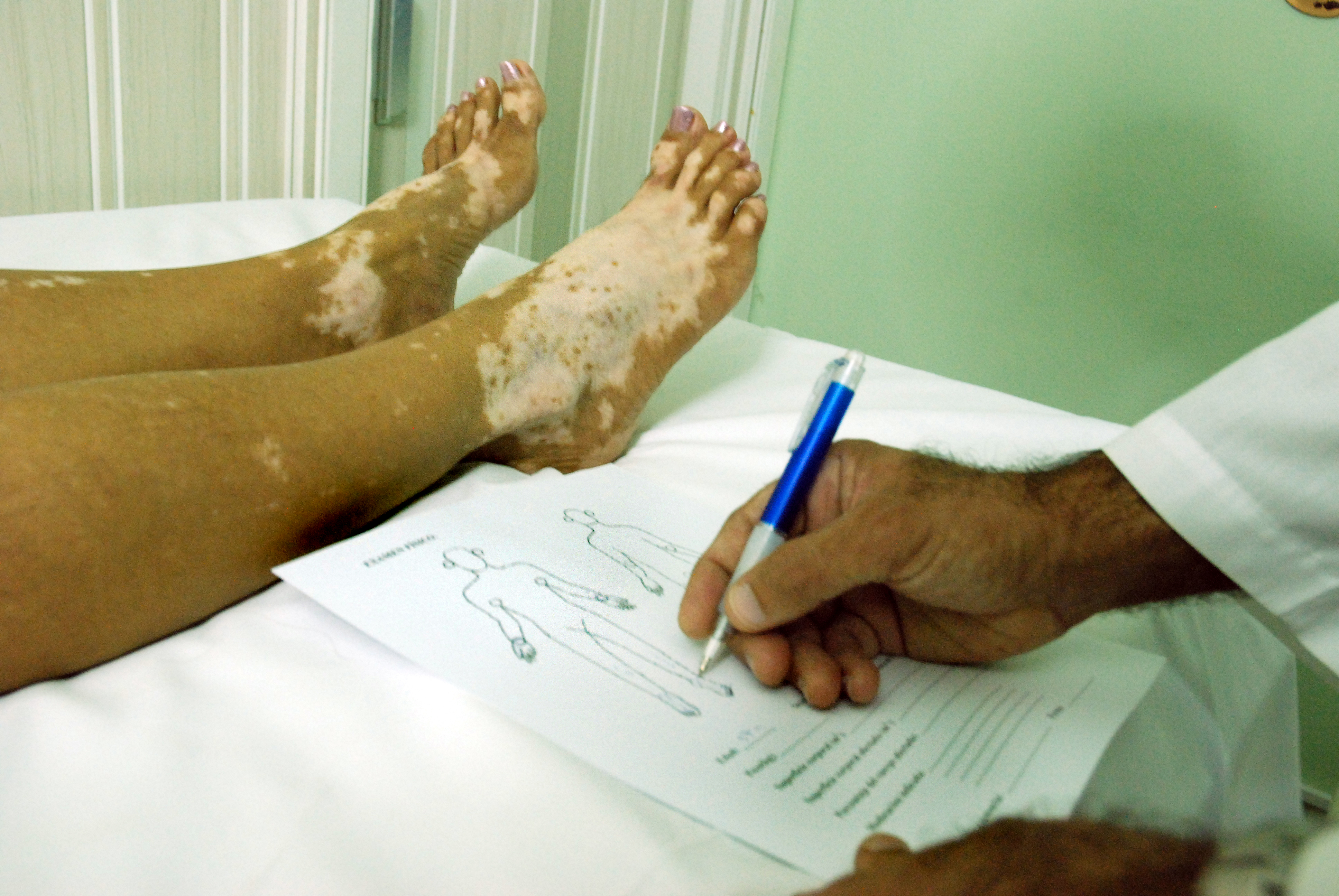we performed 66 liver transplant procedures in 60 patients. Two were simultaneous liver-kidney transplants, and 6 were repeat transplants. Thirty patients were male, and 30 were female. The most common reason was noncholestatic advanced chronic liver disease, mainly from cirrhosis caused by hepatitis C virus (29%) and alcoholic cirrhosis (22%). Piggyback surgery was performed in 97% of the cases. No venovenous bypass was used. Biliary tract reconstruction was undertaken using 1 of 3 techniques. The first, in 44 patients, was choledochocholedochostomy (CCS) with a T tube, with 22.72% complications. The second was the same CCS but without a T tube and with a TUTOR in 19 patients. This technique was associated with 21.5% complications. Finally, hepaticojejunostomy was used in 3 patients when the other techniques were not feasible for anatomic reasons or because of causes related to the underlying hepatobiliary disease. Vascular complications included hepatic arterial thrombosis (12%) and suprahepatic venous thrombosis (3.3%). Six patients (10%) required another operation to treat hemorrhage in the early post-surgical period. Acute cellular rejection was noted in 24.2% of patients, 43.75% of whom had hepatitis C virus.
It’s a medical-surgical procedure aimed at treating patients that suff er from terminal chronic kidney failure (IRCT is the Spanish acronym). The objective is to restore the renal function by implanting a kidney, given by a donor (alive in this case), which is compatible with the patient. This procedure help patients have higher quality of life and foster their social reintegration, which is the ultimate goal of the intervention. This program includes preoperative assessment, surgical treatment and post-operation assessment of the donor-receiver pair.
KIDNEY TRANSPLANT
ASSESSMENT PROGRAM FOR KIDNEY TRANSPLANT (RECEIVER AND DONOR)
KIDNEY TRANSPLANT (RECEIVER AND DONOR).

We know, it’s one of those destinations that you’re always telling yourself ‘one day I’ll visit Cuba’.
Going to Cuba is on so many of our friends’ bucket lists yet very few of them seem to be close to getting there.
Lets get in touch. Send us a message:
P.O. Box 743,PC 133. Muscat, Sultanate of Oman
Phone: +96822043777, +968297077797, +96894177717
Email: marisol@marisolllc.com